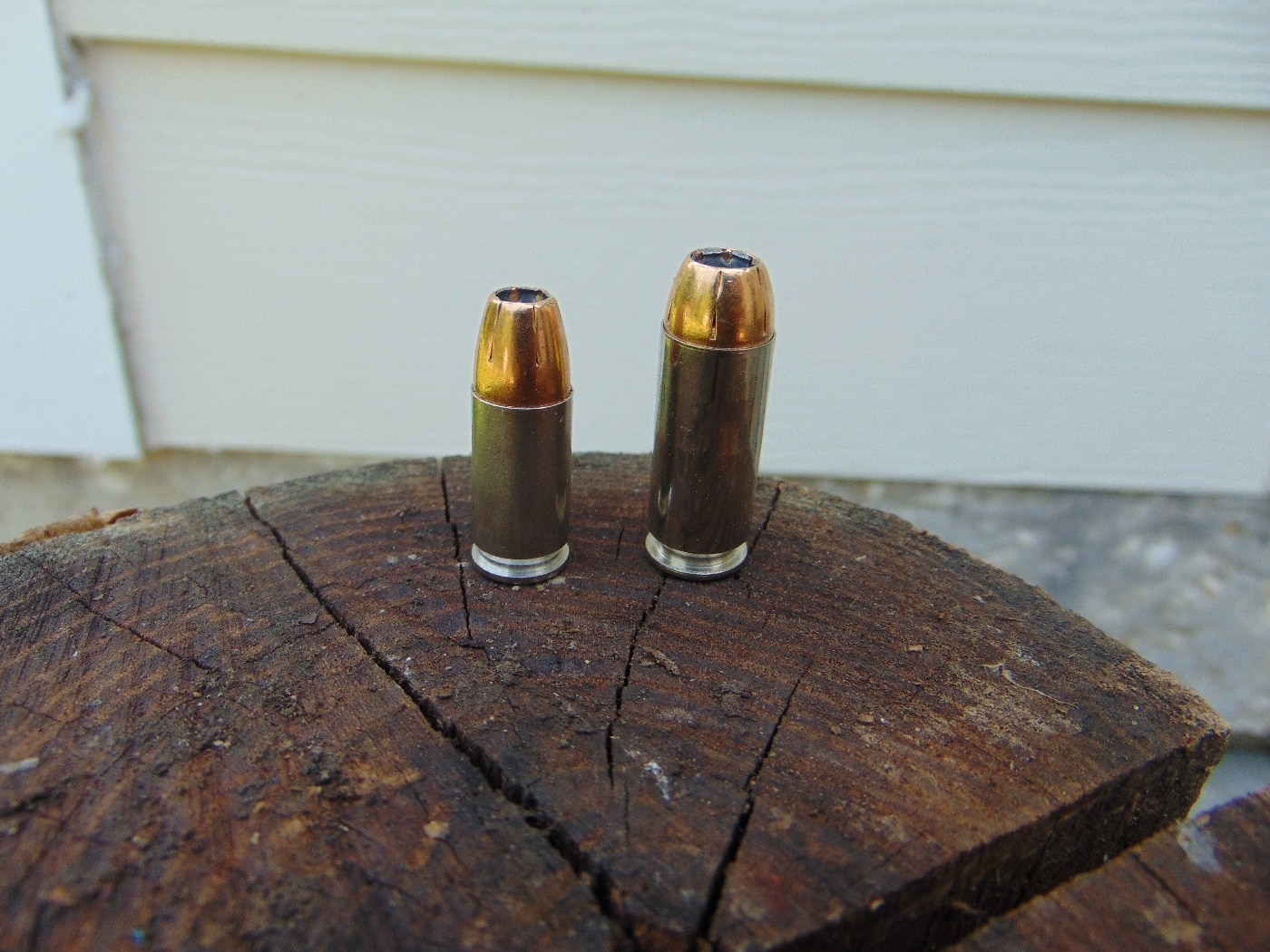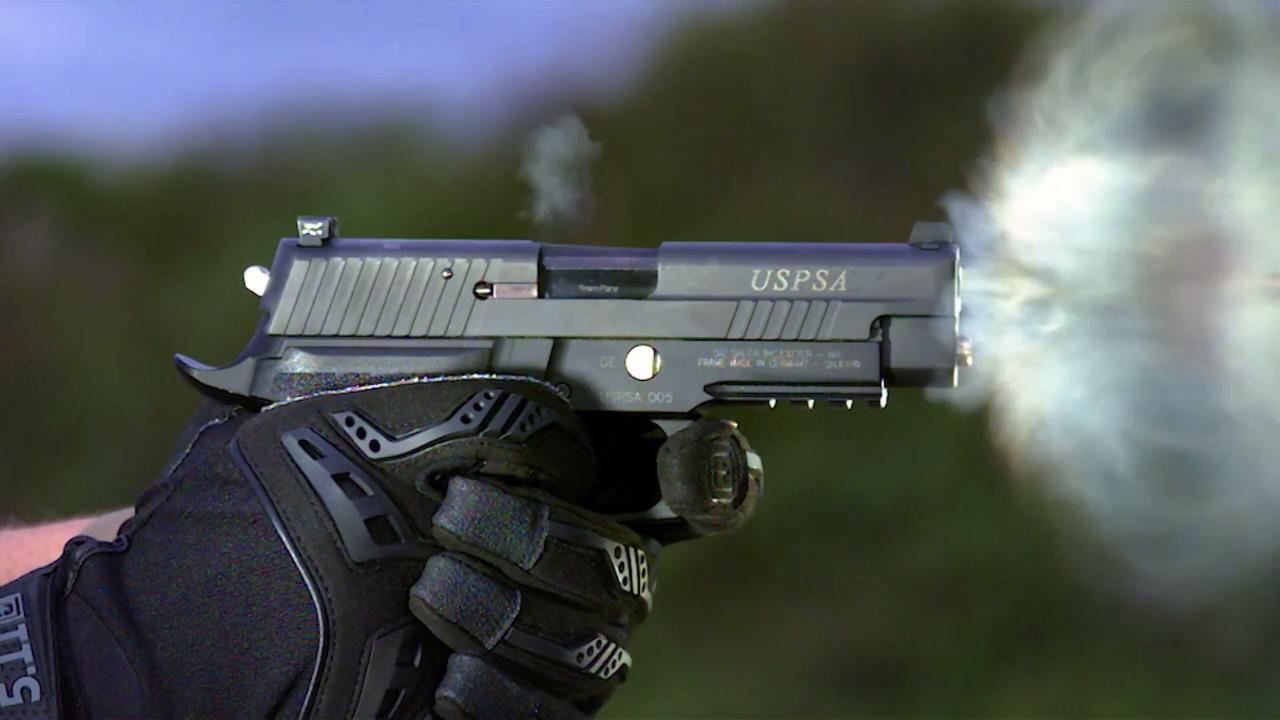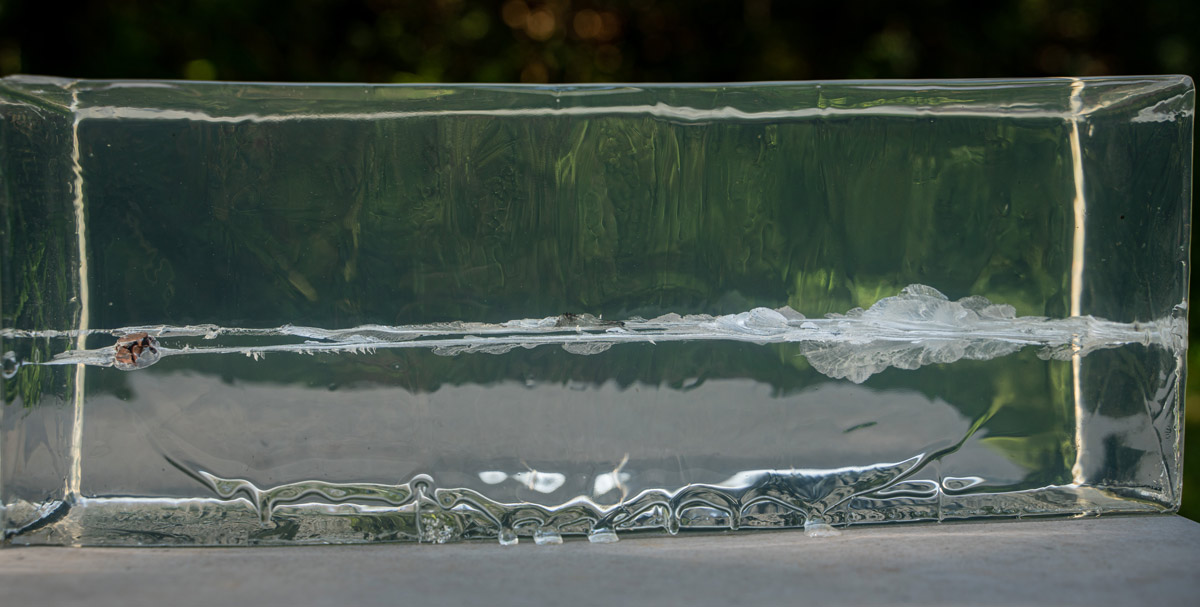
While 9mm pistols remain popular among law enforcement officers, 10mm caliber has recently gained in popularity with civilian shooters. Both calibers possess their own set of strengths; choosing which caliber best meets your shooting abilities and recoil tolerance should ultimately determine the answer. The 9mm features manageable recoil and magazine capacity, while its 10mm counterpart delivers greater stopping power and penetration for improved self-defense and hunting medium-sized game. These differences in power make each weapon an excellent option.
| Feature | 10mm | 9mm |
|---|---|---|
| Stopping Power | High ★★★★★ | Moderate ★★★☆☆ |
| Ammo Cost | Higher ★★☆☆☆ | More Affordable ★★★★☆ |
| Recoil | Stronger ★★☆☆☆ | More Manageable ★★★★☆ |
| Versatility | Broad ★★★★☆ | Wider ★★★★★ |
| Magazine Capacity | Less ★★★☆☆ | More ★★★★★ |
| Suitability for Hunting | Better ★★★★★ | Limited ★★☆☆☆ |
| Bullet Penetration | Deeper ★★★★☆ | Shallower ★★★☆☆ |
| Ammunition Variety | Growing ★★★☆☆ | Extensive ★★★★★ |
| Gun Variety | Limited but Increasing ★★★☆☆ | Extensive ★★★★★ |
Better Ballistics
The 10mm has a larger case and higher pressure compared to 9mm caliber weapons, giving it increased velocity and ft-lbs of energy, which are among the main reasons people prefer this caliber over its rival. The higher muzzle velocity allows a cartridge to achieve better terminal ballistics, as well. This means that bullet has more time and space to expand into permanent wound channels for greater damage. Furthermore, 10mm has superior barrier penetration capabilities which makes it an excellent choice for self-defense or law enforcement use where threats may be hidden in cover.
Keep in mind that the stopping power of any round depends on a variety of factors, such as bullet diameter, expansion rate and depth penetration. While 10mm caliber guns generally offer superior stopping power over other handgun calibers, proper shot placement remains key in neutralizing threats effectively. The 9mm is known for having lower recoil than 10mm weapons, making them easier to shoot and control during high stress situations. Furthermore, this reduced recoil makes it simpler to fire multiple shots consecutively – an essential aspect of effective defense.
Recoil reduction comes at the cost of reduced energy. Lighter bullets typically contain less force and cause narrower wound channels and tissue damage than full-power 10mm loads, thus leading to less tissue destruction and injury. Luckily, there are quality target ammo options out there with similar stopping power as full-power 10mm loads. The 10mm isn’t for everyone, though. As a heavy duty cartridge that requires large handguns to fire accurately and can be intimidating for new shooters. Furthermore, its cost may exceed that of some less-expensive 9mm options on the market if purchased in bulk – for those that are unfamiliar with shooting large calibers or who suffer from physical limitations like arthritis or carpal tunnel, 9mm may be more suitable as an option.

Better Stopping Power
Handgun cartridge case sizes have an effect on bullet performance, and 10mm cartridges stand out due to their larger diameter which allows heavier bullets to fit more securely, thus increasing muzzle energy and stopping power. Greater bullet diameter also results in deeper penetration when striking its target, creating tissue damage quickly and effectively to neutralize threats even from greater distances. However, with such power comes additional costs: the 10mm’s larger casing requires more copper and lead for production, increasing cost as well as weight and recoil. Furthermore, muzzle blast may become an issue when used close-quarters pistols are involved.
The 10mm is an increasingly popular caliber among law enforcement officers, but many shooters also find it useful for self-defense or hunting smaller game. With powerful terminal ballistics that can take down medium-sized game or potentially hazardous wildlife, many shooters find this caliber ideal. No matter which cartridge you carry, your success as a gunfighter ultimately depends on how accurately and where your shots land. Even powerful handgun rounds become ineffective if they miss vital targets like the brain or heart; therefore it is imperative to practice regularly so as to hit what you aim.
Both 9mm and 10mm cartridges have proven themselves capable of protecting human targets when fired into ballistic gelatin; both also meet FBI testing protocols to stop violent attackers. If two-legged threats pose the greatest danger, their extra cost, size, and recoil may not justify using one as part of your defense arsenal. Law enforcement agencies and shooters alike have used 10mm ammunition for years. Due to its impressive terminal performance and versatility, it remains a popular choice today – offering self-defense as well as hunting capabilities – with superior stopping power making it a worthy alternative to its more commonly-used counterpart 9mm.
Less Recoil
The 10mm has a higher muzzle energy level than 9mm, which results in increased recoil. However, this is relative and depends on factors like handgun design and weight as well as shooter bone structure and muscular strength – some shooters find its increased recoil manageable and prefer this caliber over its 9mm counterpart. Both calibers offer excellent stopping power, though the 10mm has greater stopping ability due to heavier bullets that create larger wound channels upon impact, which may prove useful when hunting large game such as feral hogs or black bear.
Penetration is another key consideration in selecting a caliber, and the 10mm’s larger case capacity allows it to use heavier, longer bullets with greater chances of striking vital spots and neutralizing threats. Furthermore, its improved barrier penetration makes this caliber particularly suitable for law enforcement scenarios or self-defense situations where threats could potentially hide behind cover.
Cost-wise, the 9mm has an edge over its 10mm counterpart; off-the-shelf 9mm ammo costs less than reloading components in this caliber; therefore making the 9mm more affordable for shooters who like stockpiling ammo supplies. Though the 10mm’s stopping power is impressive, its high profile doesn’t suit everyone. If you don’t hunt big game or compete in events that emphasize power factor, 9mm might be more suitable.
On the other hand, for reliable self-defense or hunting and target shooting purposes a 10mm is an excellent choice; offering options such as subcompact single-stack models to competition pistols the size of tanks – including concealed carry models which may not be as popular.

More Versatility
10mm pistols offer more versatility than their 9mm counterparts in terms of bullet weights and types, making it easier for consumers to find something suitable to their needs and size of hand. More manufacturers produce 10mm pistols as well, making finding one tailored to you that much simpler. The larger 10mm case also allows it to carry more rounds in its magazine, giving you access to additional firepower when needed. Furthermore, its larger bullet size offers greater penetration and stopping power than smaller bullets – perfect for self-defense situations with modern hollow point designs and increased wound channel formation capabilities that stop threats in an instant when hit.
However, due to its increased diameter and resistance-creating abilities when shooting through barriers like walls and vehicles, 10mm bullets may overpenetrate, which isn’t ideal in defensive applications. Therefore it’s crucial that only quality ammunition specifically developed and tested for this application be used during defensive encounters.
One key consideration when purchasing a 10mm gun is recoil. While its reputation as one of the harder-kicking calibers can put off some shooters, training and technique can help manage recoil effectively for controlled results that still allow quick follow up shots and accurate shooting. Recoil is generally less noticeable between 10mm and 9mm bullets for hunting applications due to encounters with smaller prey that do not require repetitive follow-up shots, as opposed to larger species like feral hogs or deer which require multiple shots in succession before killing them humanely with heavier 10mm bullets that break bones more humanely while still producing devastating damage.
Decisions between 9mm or 10mm guns depend heavily on your priorities and applications. If power isn’t an issue for you, 9mm is probably your best bet; for hunting or competitive shooting purposes however, 10mm should be your top pick.

Leave a Reply